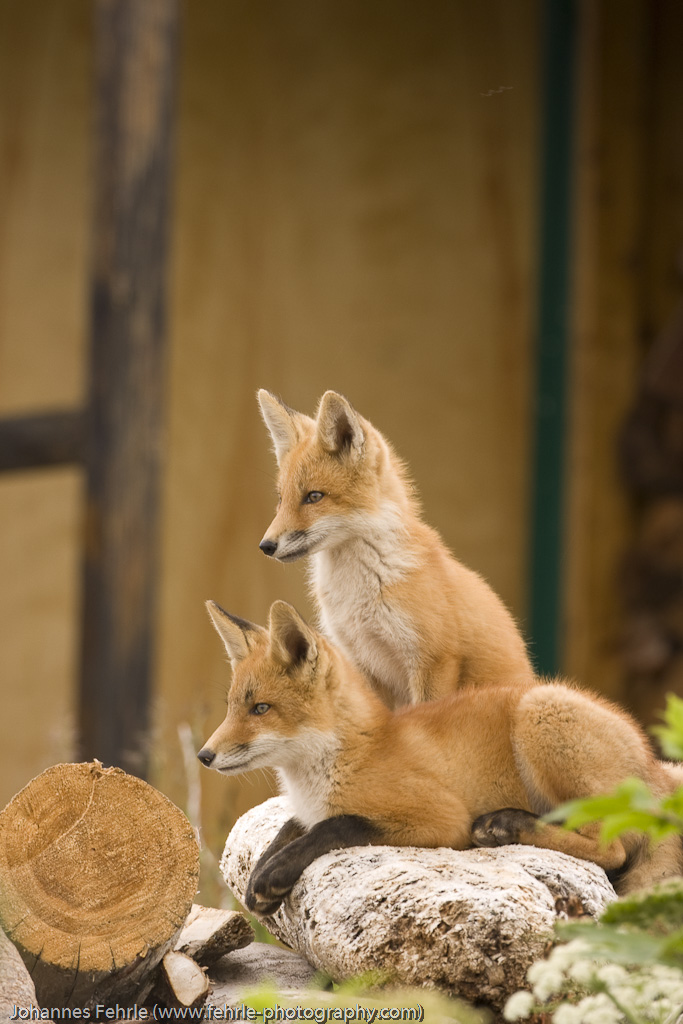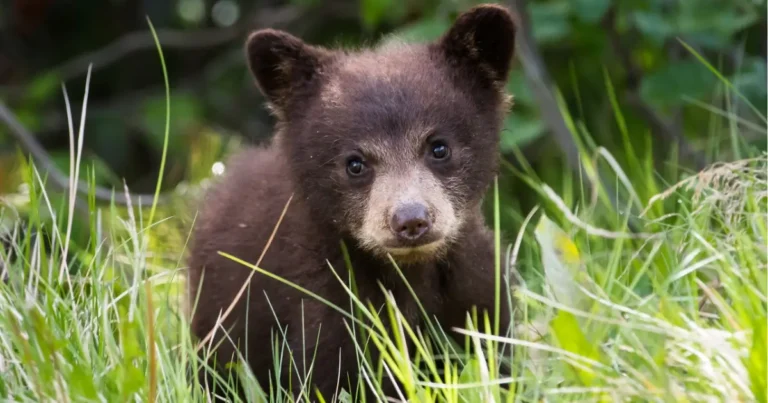By Guest Bloggers: Johannes Fehrle & Kerstin Müller

Photo credit: Johannes Fehrle
Our first contact with the Association for the Protection of Fur-Bearing Animals was through the dog and cat fur campaign advertised on the Translink busses, and our first response to this campaign was one of shock and anger – shock and anger not at the people who sold dog and cat fur, for we see no difference between selling dog fur and selling raccoon, rabbit, mink or fox fur, but at a group that seemed devoted to protecting the fur trade from inferior or ‘distasteful’ fur; fur, in other words, that came not from ‘proper’ fur-bearing animals, but from our beloved companion animals.
We have since learned of the Association’s larger position and support its work; we have become members, have volunteered our time and plan to continue doing so. We have also understood that a large part of why we mistook the campaign had to do with the fact that we are not native speakers of English. We misread the shortened name, Fur-Bearer Defenders, as designating a group defending the rights of wearers of fur, initially mistaking its agenda for a fight for the right to buy only ‘regular’ fur (e.g. fox, mink etc.). Nevertheless many of our reservations concerning the dog and cat fur campaign, a major campaign in which a quarter of our organization’s budget is being invested (Wild&Free Press April 2011), remain and continue to trouble us when we represent the Association. With this blog post we wish to address the issues which seem most pressing to us, present the biggest danger of being misunderstood, or simply seem indefensible from an ethical position. We thus hope to start a debate on how to widen the campaign, using the appeal cats and dogs have for many people to work towards more substantial changes.
The biggest issue we have with the cat and dog fur campaign is that it does not grant equal consideration to animals of different species. It is extremely anthropocentric and there is no ethical basis for giving a special status to companion animals such as dogs and cats. We should prevent cruelty and suffering for all animals. Animals are sentient beings that feel pain and thus have the right to be spared the pain and misery that comes from trapping and farming. All fur-bearing animals have the same right not to suffer in a fur-farm; they have the same right not to be caught in a trap for days; they have the same right not to be killed for human vanity. This right is something that is intrinsic to any living animal and all animals are born with it. It cannot and must not be a status ‘awarded’ by humans for the service particular species such as dogs have rendered them or a reward for a certain trait such as cuteness we see in an animal.
As an organization the only ethically meaningful position we can follow is that laid out by philosopher Peter Singer in his book Animal Liberation. It is the only position that allows us to remain credible as an organization fighting the cruelty of the fur trade as a whole. We should strive to follow Singer when he defines his agenda:
This book makes no sentimental appeals for sympathy toward ‘cute’ animals. I am no more outraged by the slaughter of horses or dogs for meat than I am by the slaughter of pigs for this purpose. When the United States Defense Department finds that its use of beagles to test lethal gases has evoked a howl of protest and offers to use rats instead, I am not appeased.
If we push through an exclusive dog and cat fur ban but other animals’ pelts are still legal and there still is a demand for them, the industry will simply adapt to torturing and killing other animals for their furs. Unless we can outlaw fur, unless we can refocus this campaign to dissuade people from wearing any fur product, fake or real, to boycott any store, chain or company that makes or carries fur products, overall animal suffering will not be reduced and we will have
achieved nothing.
In fact, there might even be a small chance that an exclusive ban on dog and cat fur might be a disadvantage from a strategic point. It could negatively affect people’s willingness to join our cause if their ability to relate to fur bearers other than cats and dogs is indeed as limited as the campaign suggests. We should catch people’s attention through the dog and cat fur issue, if this is what it takes to make them care for fur-bearing animals, but if the campaign is to be meaningful this can only be a strategic first step. We must not give in and follow the societal trend towards limited empathy for only a few species, because this is the easy way. Instead we should draw people’s attention to the larger issues. We can use the interest in companion animals to fight for a larger legislation or a shift of opinion that will make a difference for all animals, not one that will save one or two species at the cost of casting the suffering we spare them onto other animals. Some of our Association’s suggestions for how people can make a difference already point in this direction, but we must always keep in mind when speaking to the public that the only position that can make a real change for animals is to promote a larger stance against the fur trade: the ban of all traps, all fur imports, all fur farms, the labeling of all fur products and the education of people to avoid these products. The use of dog and cat fur by the industry can be a powerful weapon in our hands, but the campaign cannot stand on its own, it must be tied to our larger goal, and we are wasting this potent way of arousing people’s interest and empathy if we do not use it to push for a larger change in society.
By: Johannes Fehrle & Kerstin Müller
